CASA BLOGS

Adhering To Principles
Compliant mechanism was introduced by CASA with a very clear understanding that communities’ ownership over the process of recovery will have to be enhanced. A complaint box gives a second chance to the people to express their grievances and vulnerability to CASA and committee members, that further become reasons to be included in the cash transfer program.
Missed at first, included at last
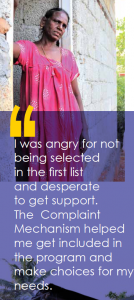
For 53-year-old Sudha, it was when she returned to her village after spending four months at her relatives’ house that she came to know about unconditional cash transfer doing the rounds in her Ramankerry village.
“For whole one month my house was filled with flood water. We had to leave the house as early as possible. Being closer to the paddy areas, my house was affected the most and inundated for a longer time. For all I knew, I considered myself the most deserving beneficiary,” said Sudha in her desperate claim. Desperate to safeguard her family from the next spell of heavy rains, she “needed cash” to purchase material to level ground and strengthen the foundation of her house.
“This is a kind of program which most NGOs do not come up with, and getting cash support without any obligatory conditions was a huge benefit for me because I could use it to repair my house and level the ground, which was always one among my urgent requirements,” she said.
Sudha approached the village committee who in turn explained her about the complaint mechanism process.
“I wrote a letter to CASA and days later they visited and surveyed my house. They asked me questions like whether am I or not an active participant in village development decisions, what is my family’s livelihood source, if my husband is out of job for the time being, and what do I plan to do with the cash transfer.” One month later, Sudha received the grant with which she initiated ground levelling and foundation work of her house.
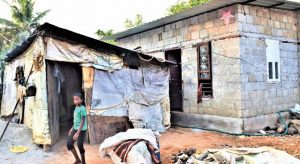
 Previous Blog Post Why CASA went ahead with Unconditional Support in Kerala?
Previous Blog Post Why CASA went ahead with Unconditional Support in Kerala? Maximizing Impact, Globally
Maximizing Impact, GloballyFeatured Post
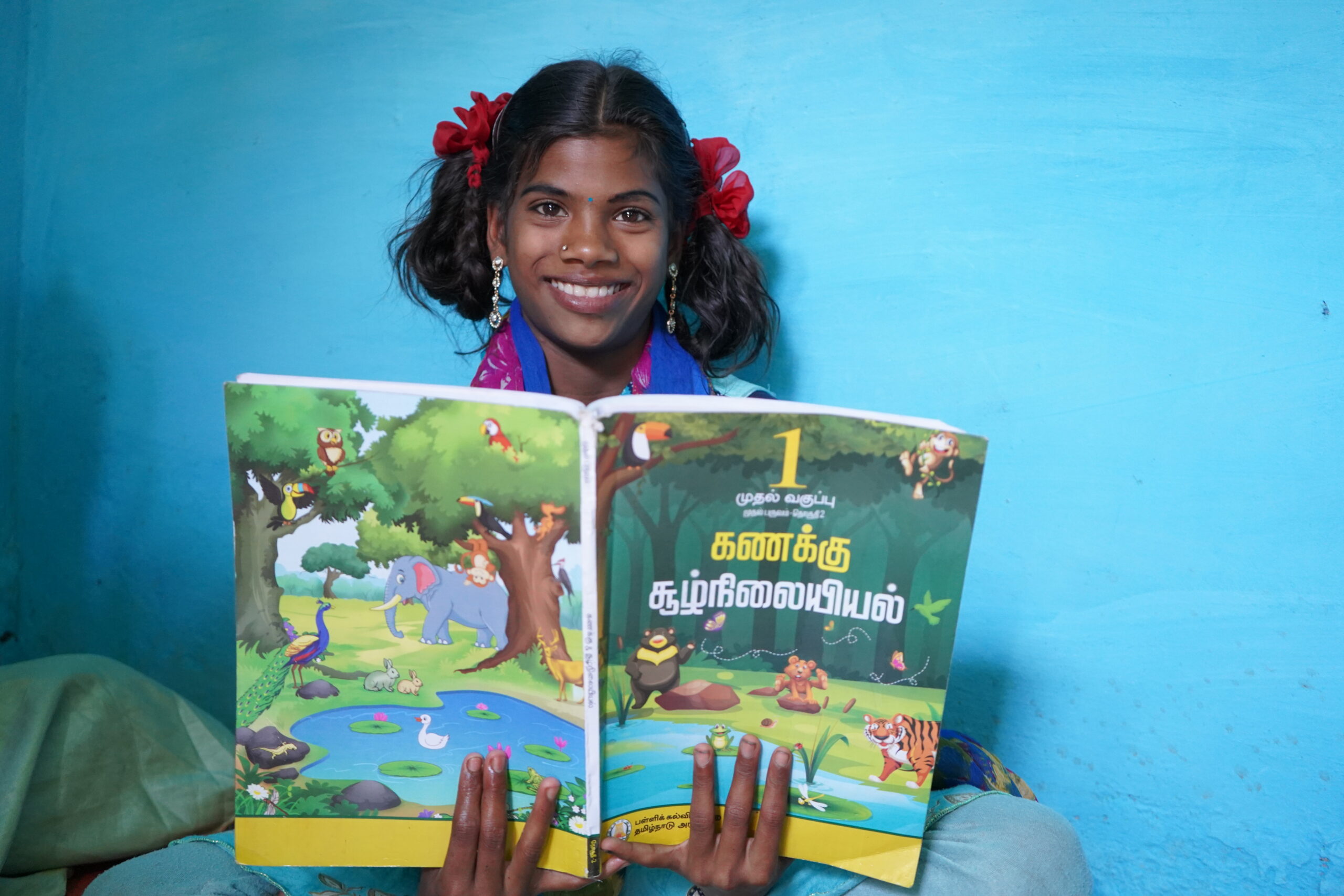
Empowering Rural Education in India:
14 Mar 2024
Introduction: In the vast tapestry of India, education is the key to unlocking the door to a brighter future. However, the challenge of providing quality education to the rural parts of the country persists. In this blog post, we will delve into the crucial role that Non-Governmental Organizations (NGOs) play in bridging the educational gap […]
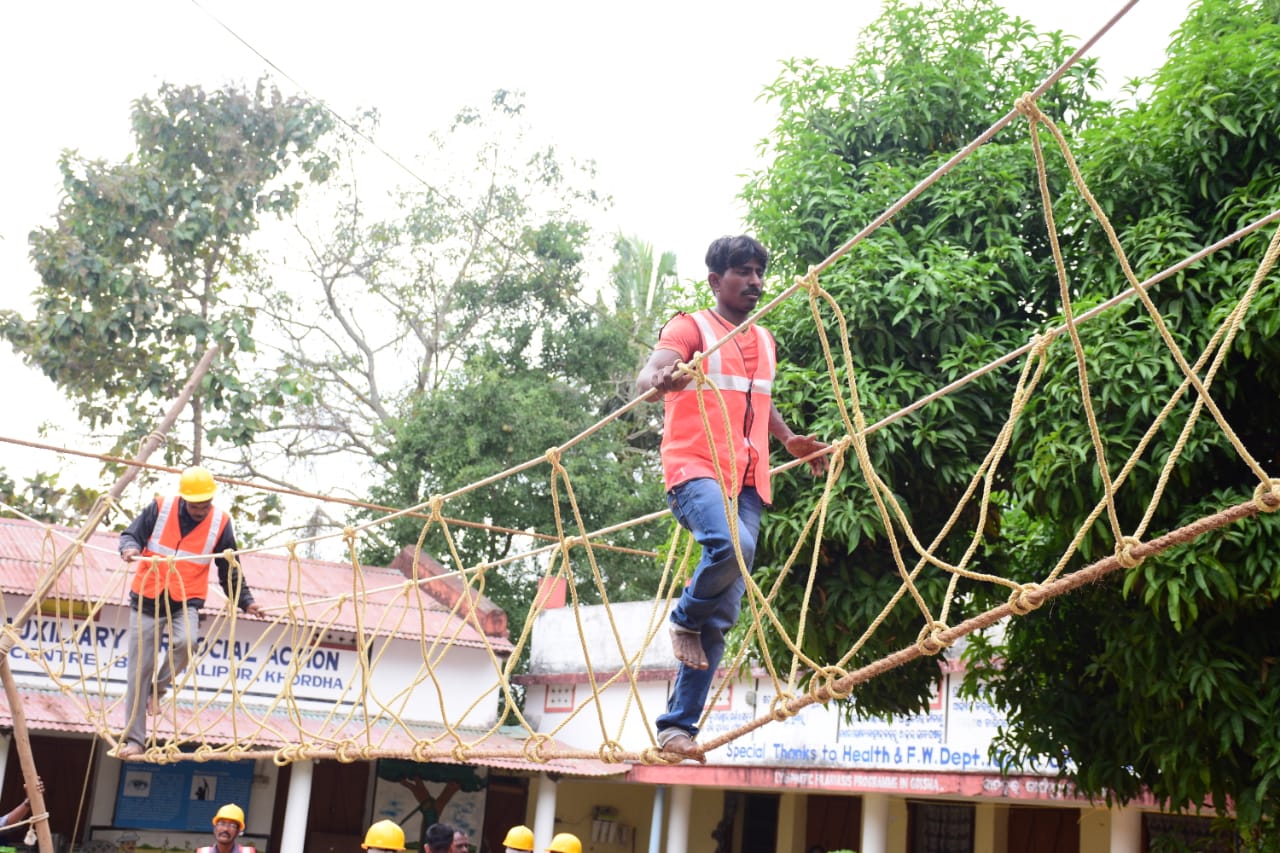
Empowering the Future: Disaster Management Training for School Children in Disaster-Prone Areas
22 Feb 2024
Introduction: In the face of increasing natural disasters worldwide, it becomes imperative to equip our younger generation with the knowledge and skills necessary to handle emergency situations. Children, being one of the most vulnerable groups during disasters, can greatly benefit from disaster management training. This blog explores the significance of imparting such training, with a […]
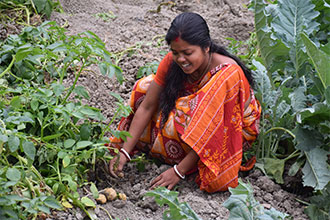
Empowering Women: Transforming Lives Through Sustainable Livelihoods in Rural India
16 Feb 2024
Introduction: In the heart of rural India, a silent revolution is taking place as women embrace newfound opportunities for sustainable livelihoods. This transformation not only uplifts individual lives but also contributes to the overall development of communities. At [Your Organization’s Name], we are committed to driving positive change by providing women in rural India with […]


